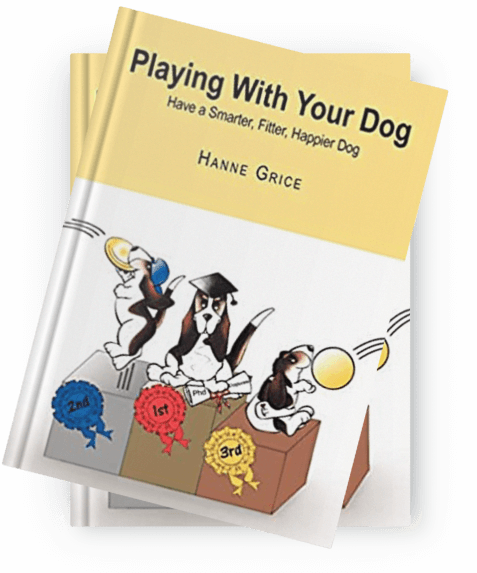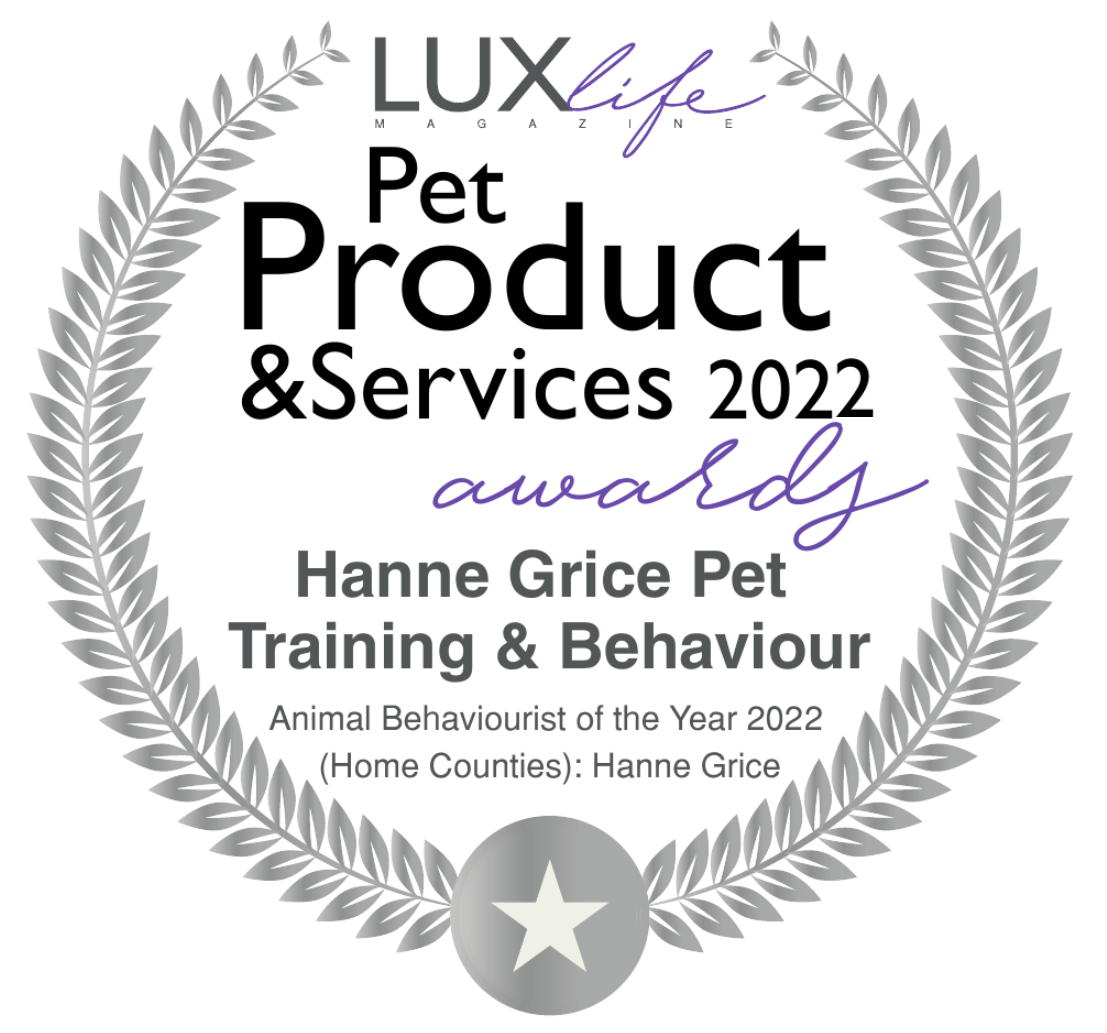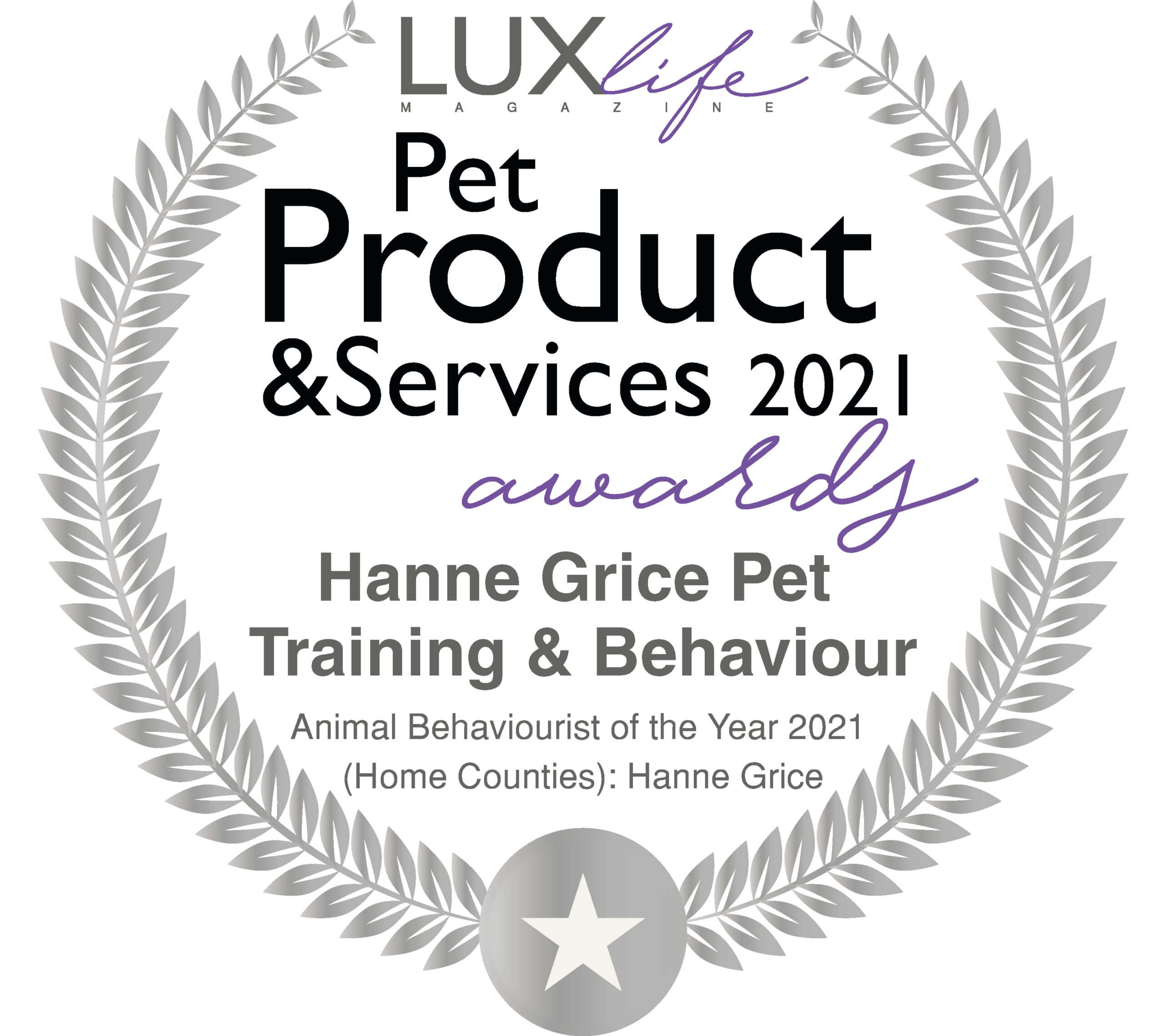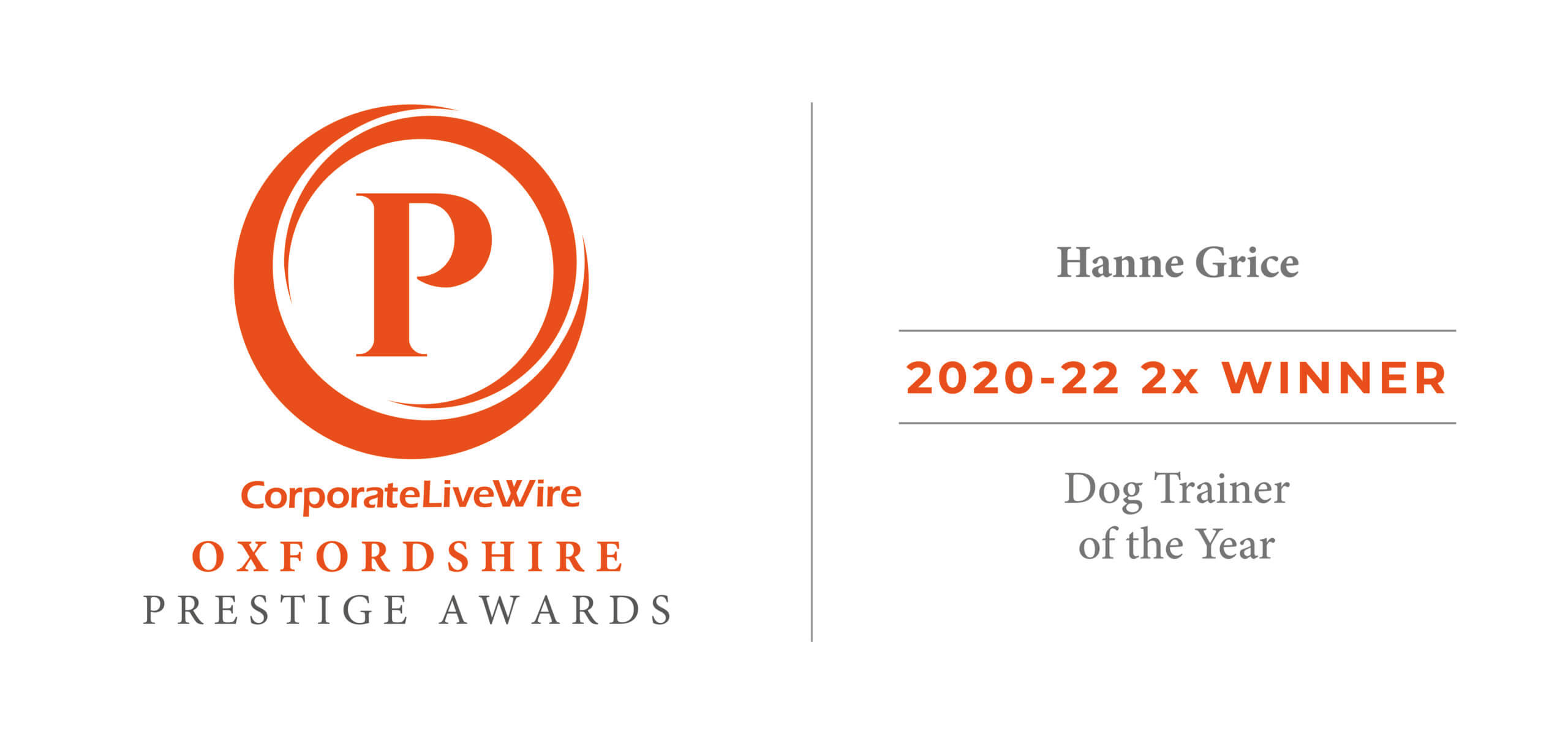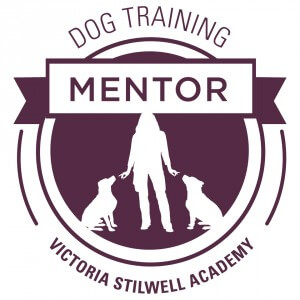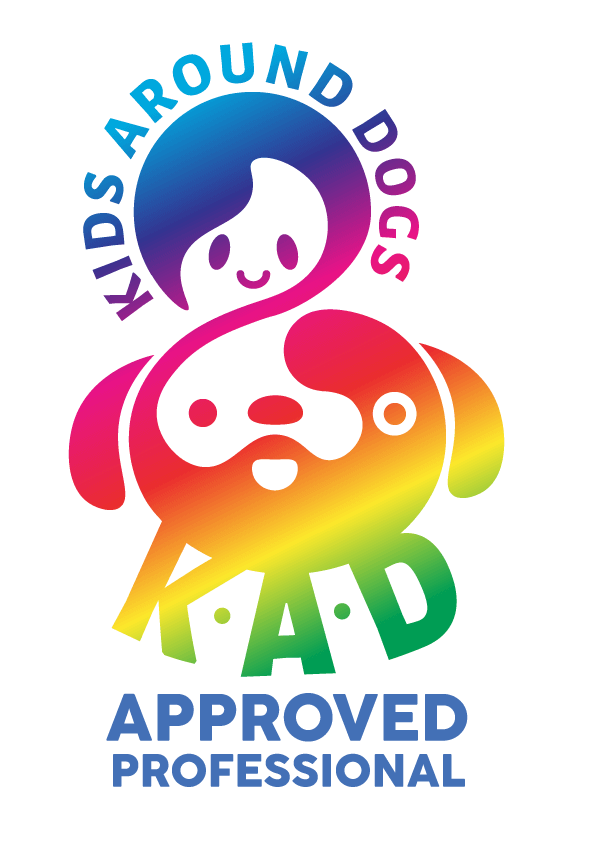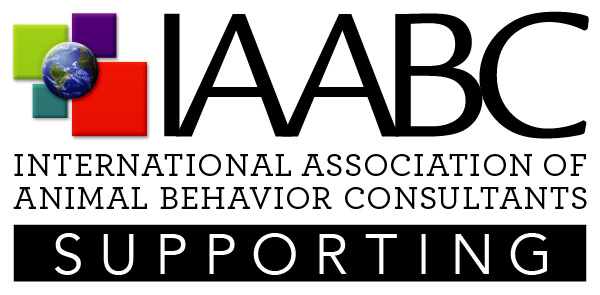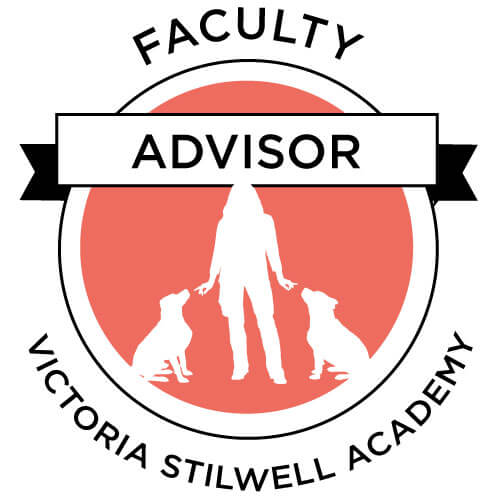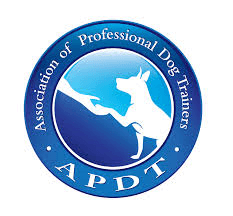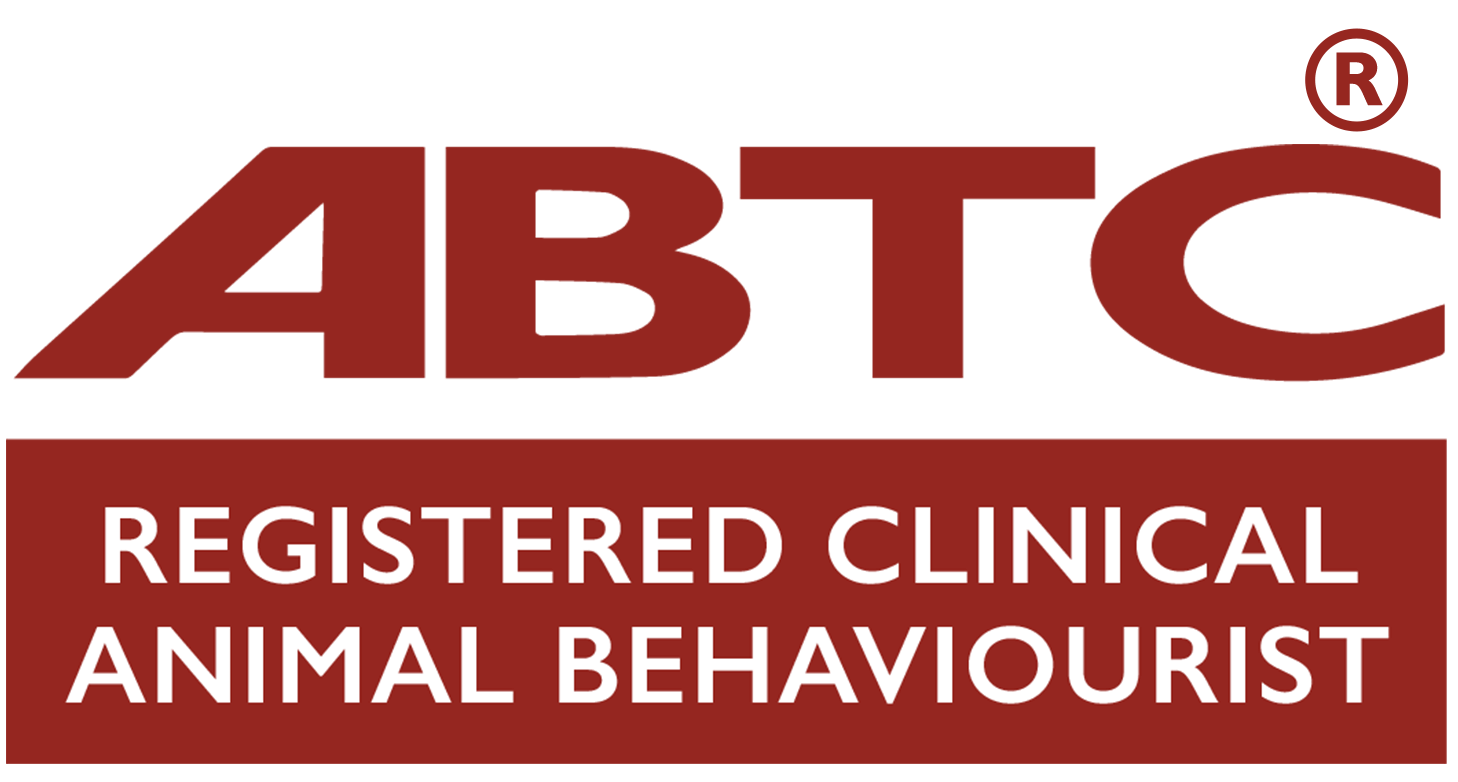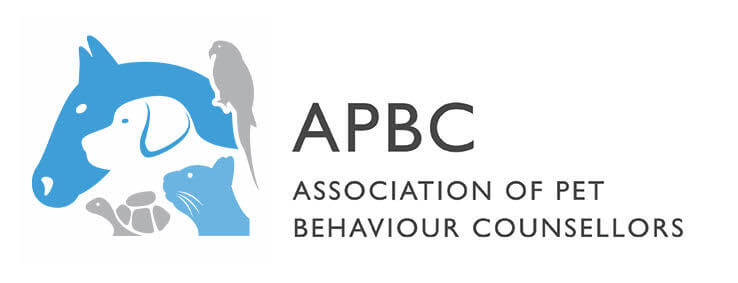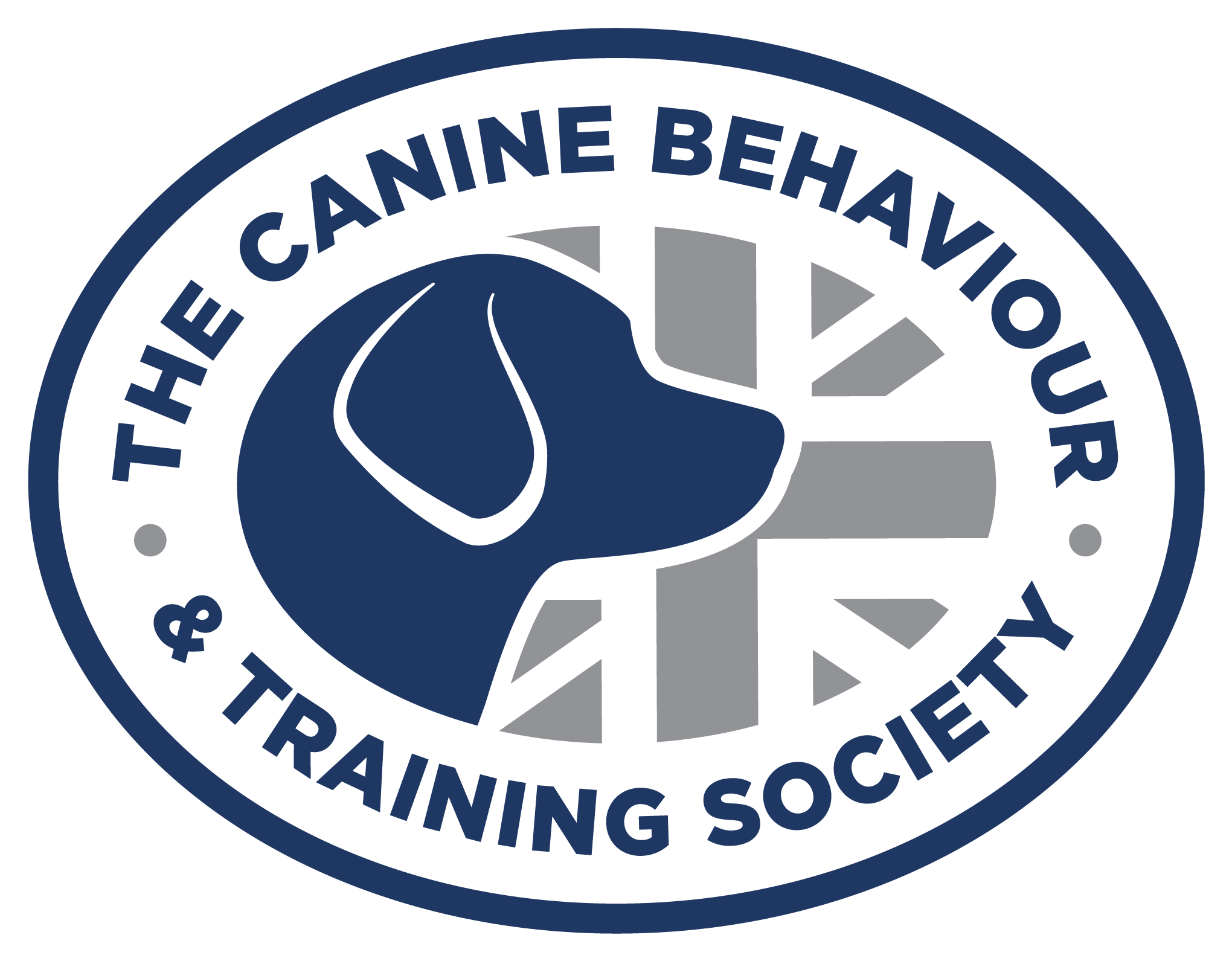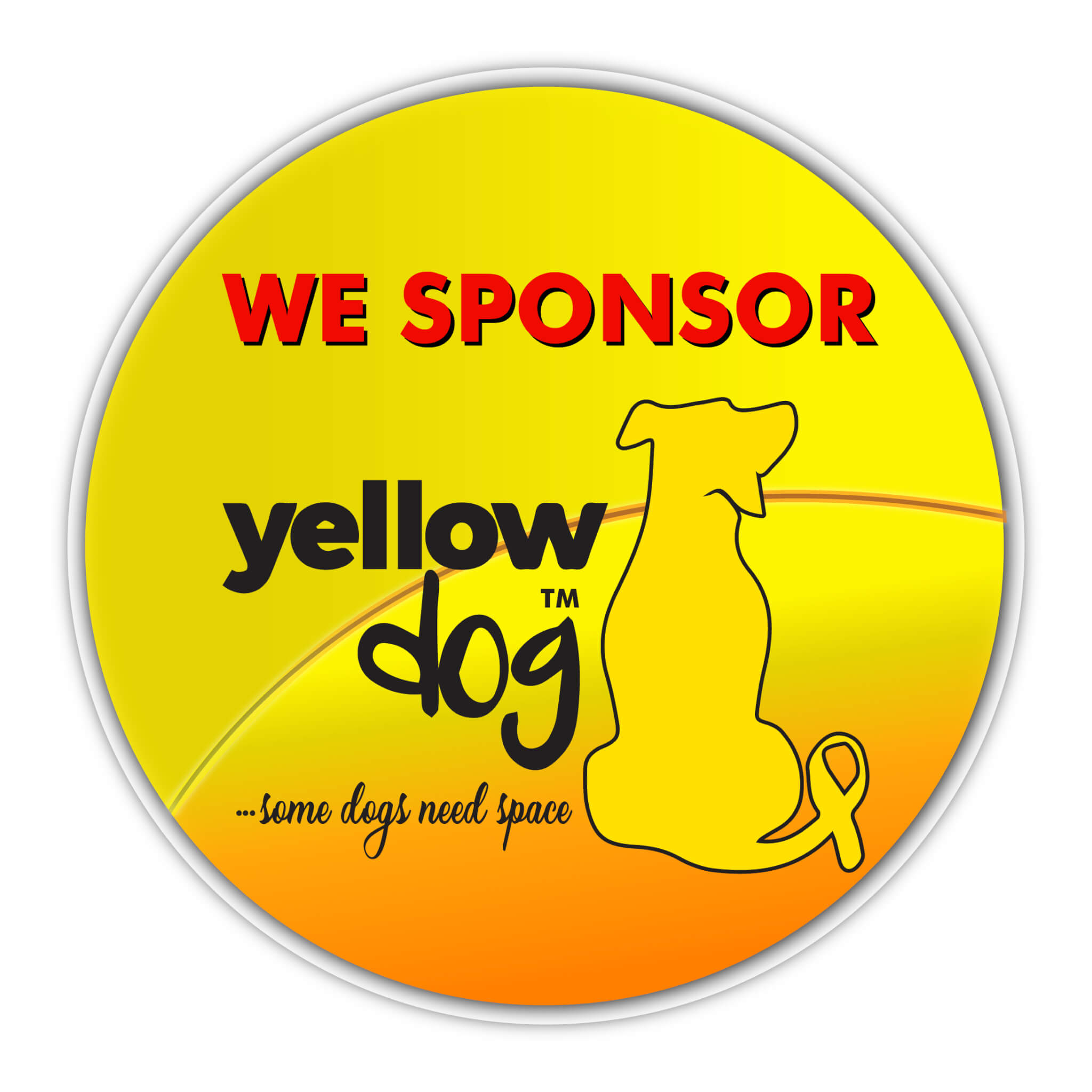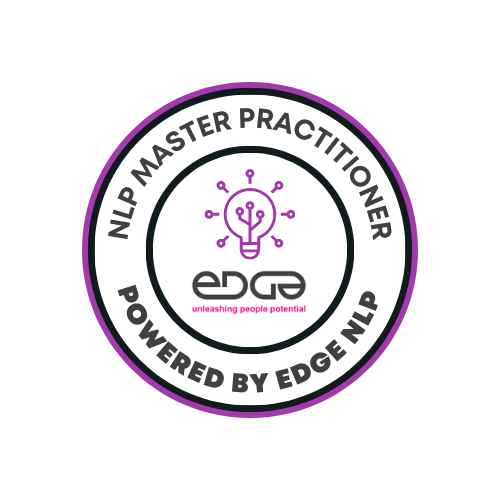Chewing can be frustrating to owners; however this is normal dog behaviour. Chewing in young puppies can be to relieve the discomfort of teething and a need to learn about their surroundings.
Chewing can also be a problem in older dogs when you start supervising them less and they have more freedom to move around the house. Chewing can be a sign of boredom or stress as the chewing action releases endorphins that calm the dog down, so the behaviour is re-enforced.
Managing your dog’s chewing behaviour early on can help this problem when he matures.
How to tackle the problem…
- Give your puppy access to plenty of toys that are suitable and he is allowed to chew (e.g.) Kong toys and other boredom busters to direct your dogs chewing behaviour onto something they are allowed.
- When the puppy inevitably picks up something he should not play with he should be asked to ‘drop’ and given something he is allowed to chew and praised for showing interest.
- The item you give to him as an alternative should be chosen wisely from the selection of dog toys so as to offer something similar in texture, shape etc. If you are giving him something unexciting as an alternative there is a chance this may not be a good enough incentive for him to leave what he already has.
- If your dog is chewing while you are out of the house this could be a sign of separation anxiety. Go back and practice your ‘Gesture Leaving’ to see if this helps the problem.
- Dogs also chew out of boredom. Leave the radio or TV on when you are out as the noise will be comforting to your puppy. Also putting an old t-shirt that smells of you in your dog’s bed can relieve feelings of stress.
- Bitter apple spray can also be put onto areas that the dog is prone to chewing. This tastes bad to a dog so is a good deterrent.
Top Tips:
- If your puppy picks up something to chew that he shouldn’t you need to act calmly without making a big deal out of it to avoid reenforcing the unwanted behaviour.
- Chasing your puppy around can turn this into a game so instead of getting wound up, it is better to ignore your dog in this situation and wait until you are both calmer.
- Treating and preventing chewing problems are similar to house training in the way that whilst the puppy is young and still learning we have to be consistent.
- Rotating the toys your dog has can be a great way to keep them interested in them. If your dog has a favourite toy this can be a great training tool instead of treats!
- If you allow your dog to chew something e.g. an old shoe, he is likely to chew a new pair of shoes as he cannot differentiate between the two. It is important to make rules about what he is and isn’t allowed to chew.
Download our information sheet: Chewing
Learn more about our classes
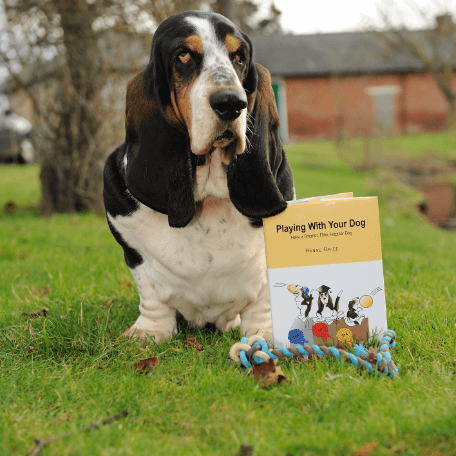
Get Hanne's Book
Playing With Your Dog will help any dog owner work out the games that are best suited for their pet to play throughout his life, from puppyhood to old age. The book also shares some tricks for all ages, group activities, and recommended toys that dogs will enjoy.
